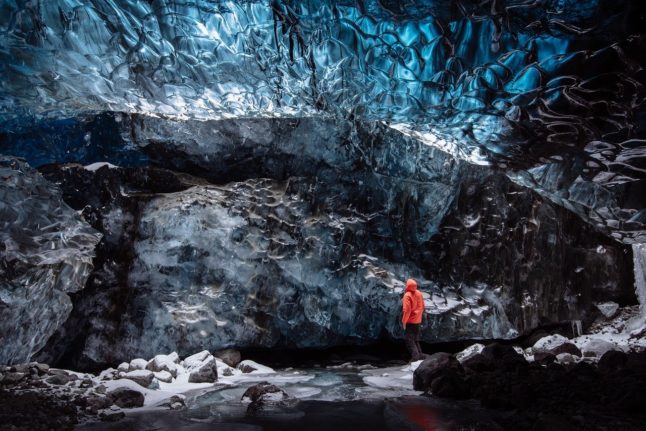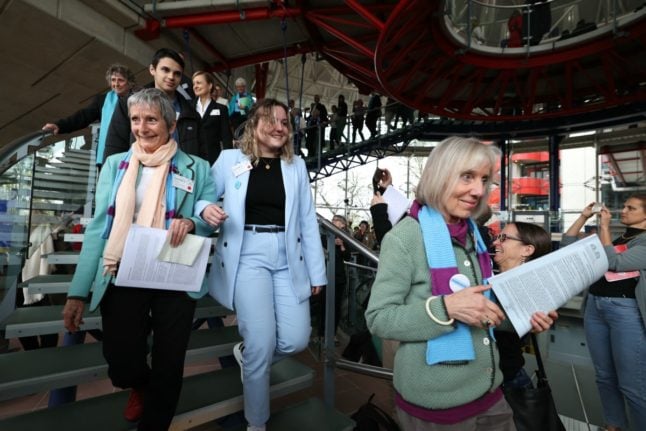Glaciers in the Swiss Alps are in steady decline, losing 2 percent of their volume last year alone, according to a study published by the Swiss Academies of Science.
While Alpine glaciers have been melting for decades — mostly due to global warming, scientists say — this phenomenon has intensified in the past several months.
Three factors have contributed to this erosion, according to Matthias Huss, according to glaciologist at the Swiss Federal Institute of Technology (ETH) in Zurich:
First heat wave of the year already in May
The early heat wave and the warmest May in many decades has impacted a number of Alpine regions, including the Jungfraujoch and Aletsch glaciers.
Temps exceeded above 0 degrees, reinforcing the melting process of the glaciers.
READ MORE: Switzerland’s May temperatures ‘highest in 150 years’
Sahara dust
A cloud of fine sand from Morocco and Algeria that covered parts of Switzerland in March and April was not good for the glaciers.
“The remarkably strong Sahara dust reinforced the melting of glaciers in the short and longer term,” Huss said.
READ MORE: Dust from the Sahara Desert covers parts of Switzerland
Little snow and lots of sun in winter
The effect of Sahara dust was reinforced by the fact that the winter of 2021/2022 was particularly sunny and snowfall was scarce.
This means “the glaciers somehow ran out of ‘food’ in the form of snow. In addition, the melting started very early this spring”, he noted.
Melting ice has formed 1,200 new lakes in formerly glaciated regions of the Swiss Alps since the middle of the 19th century. Around 1,000 of them still exist today, according to the study published by the Swiss Federal Institute of Aquatic Science and Technology (Eawag).
READ MORE: Climate change: Glacial melt in Switzerland has created 1,000 new lakes



 Please whitelist us to continue reading.
Please whitelist us to continue reading.
Member comments